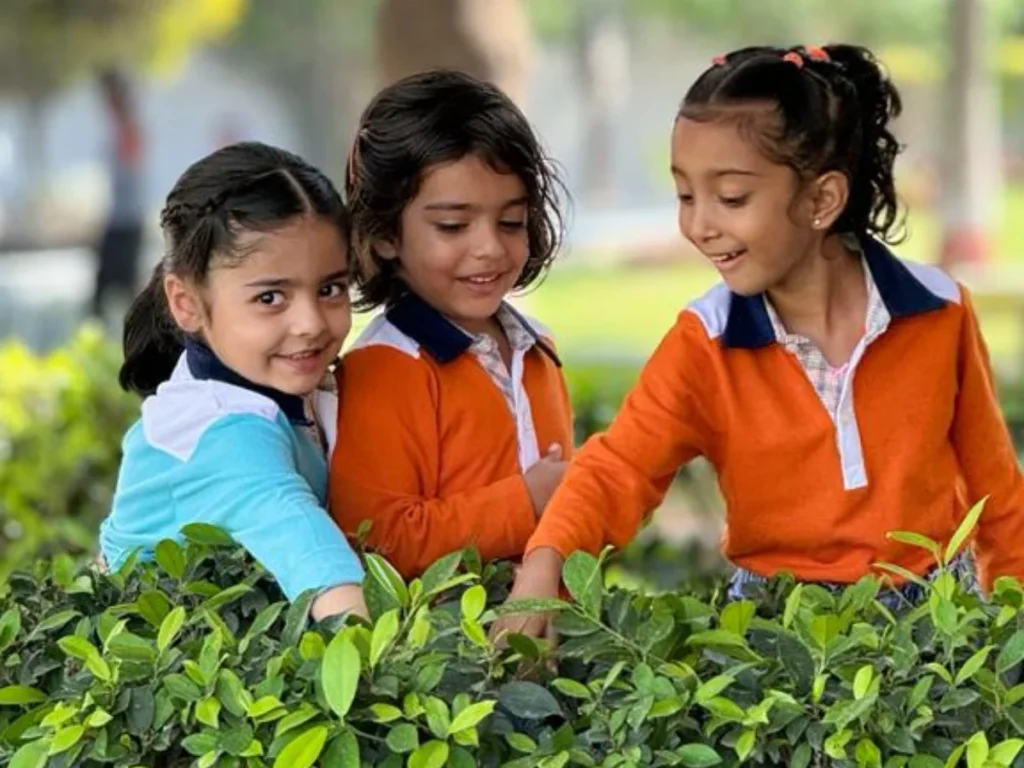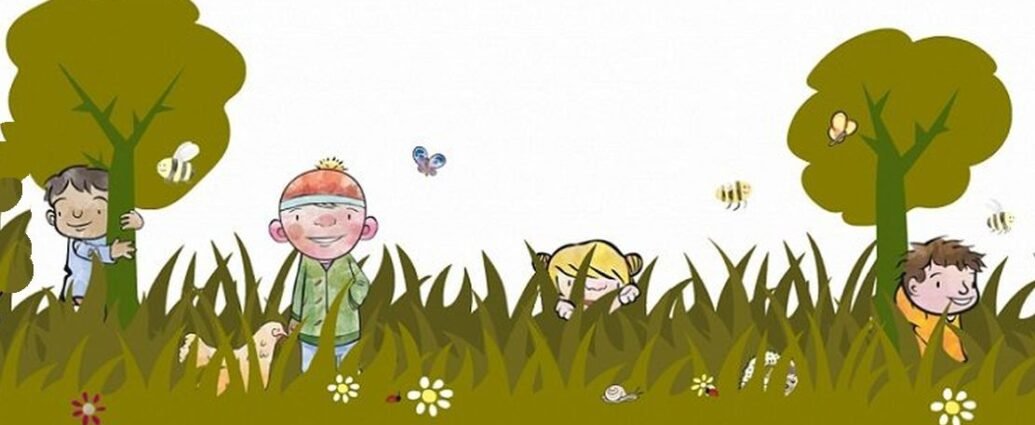Remember that wide-eyed wonder kids used to have? The one fueled by scraped knees, mud pies, and endless curiosity about the world? Thankfully, it’s making a comeback! Across the country, classrooms are shedding walls and embracing the great outdoors as the ultimate learning environment.

Outdoor education is a broad term that refers to a variety of activities that take place outside the classroom. It can include anything from gardening and hiking to nature walks and camping trips. The philosophy behind this education is that children learn best by doing, and that nature provides the perfect classroom for hands-on, experiential learning.
There are many benefits to outdoor education for young children. One of the most important is that it helps them to develop a connection with the natural world. When children spend time outdoors, they learn to appreciate the beauty and wonder of nature. They also develop a sense of stewardship for the environment, and a desire to protect it.

Outdoor education also promotes physical development. Children who play outdoors are more likely to be active and fit. They also develop gross motor skills, such as climbing and running, and fine motor skills, such as picking up small objects.
In addition to physical development, outdoor classrooms also promotes cognitive development. When children explore the outdoors, they are constantly learning new things. They learn about plants and animals, weather patterns, and the natural world around them. They also develop problem-solving skills as they navigate their way through new environments.

Social and emotional development are also important benefits of outdoor education. When children play together outdoors, they learn to cooperate, take turns, and resolve conflicts. They also develop a sense of self-confidence and independence as they explore their surroundings.
The rise of outdoor education is a powerful testament to the importance of nature in fostering well-rounded children. By embracing this approach, we’re not just preparing future Einsteins. We’re empowering a generation of responsible environmental ambassadors, ready to explore, discover, and respect the natural world they’ll inherit.
Reference- India Today story, National Geographic, EarthDay Network, BBC World, Wikipedia, The Guardian






